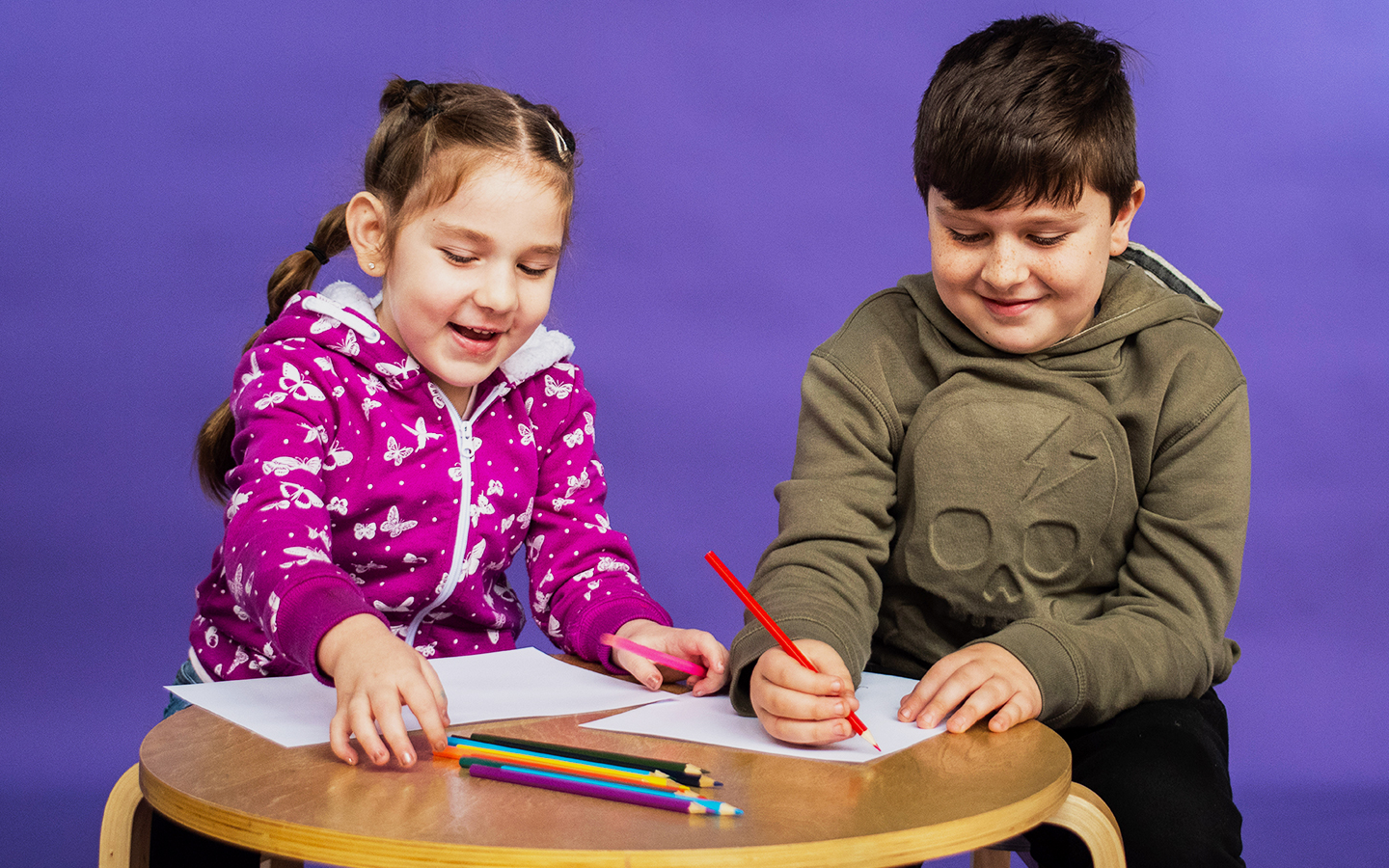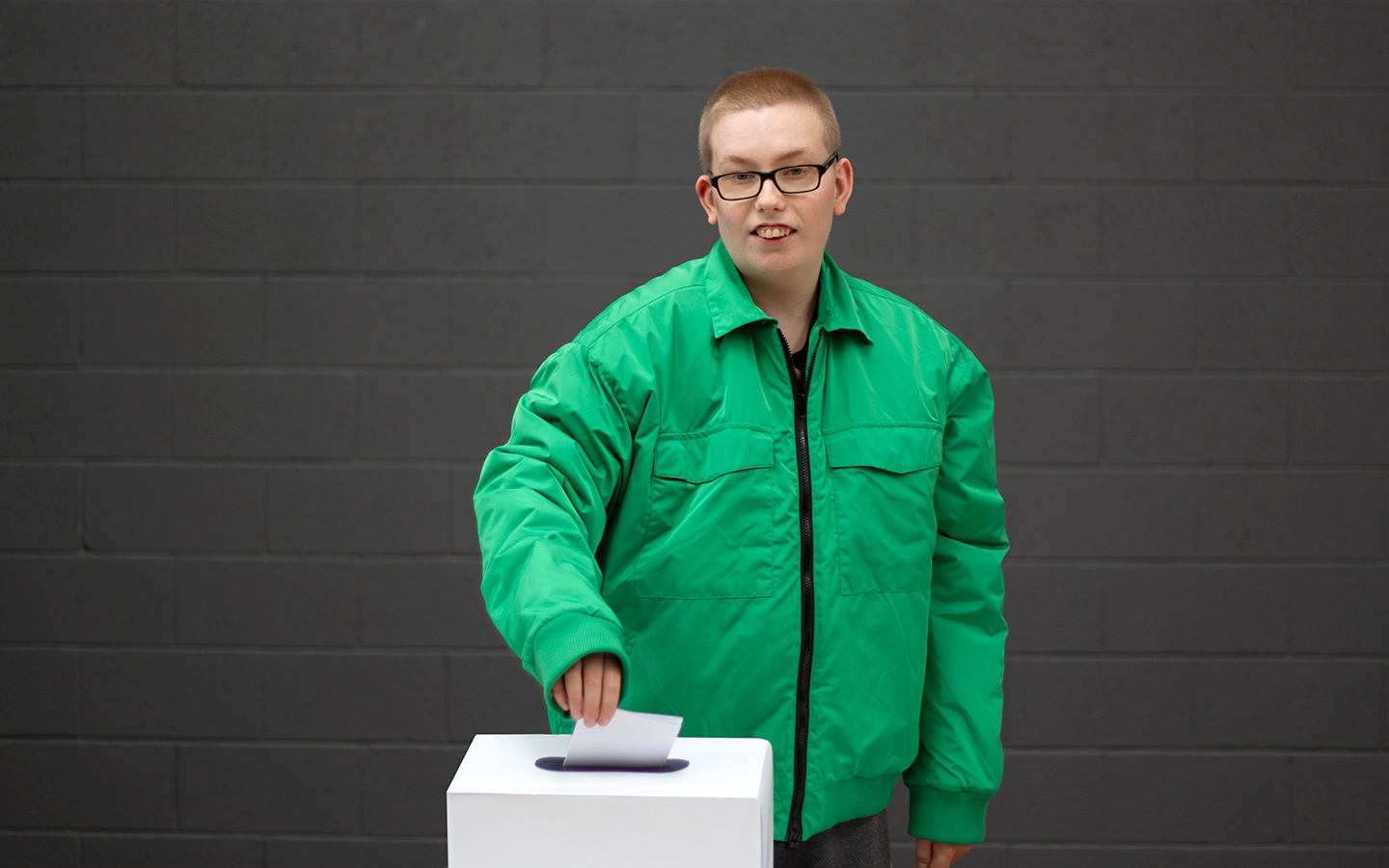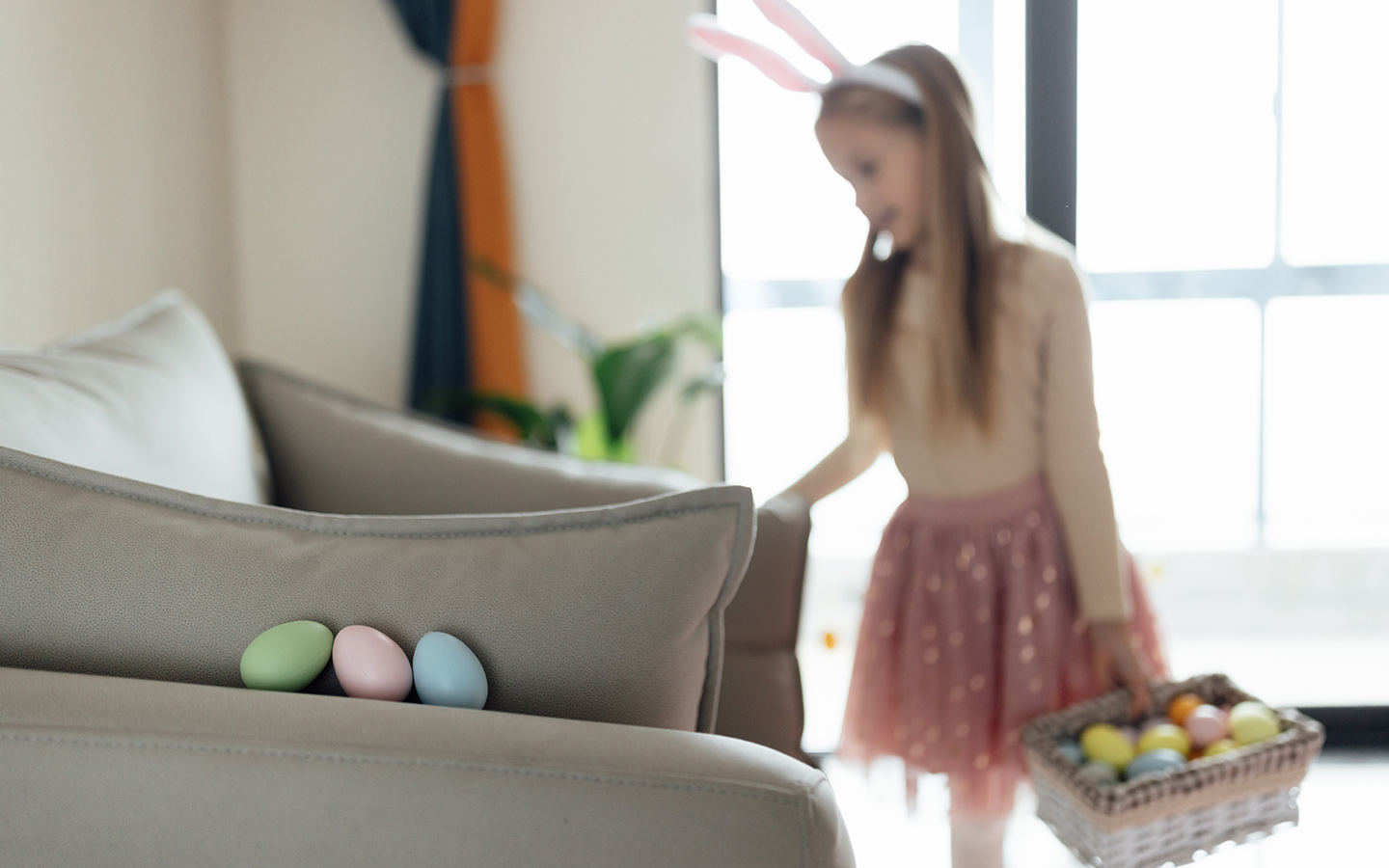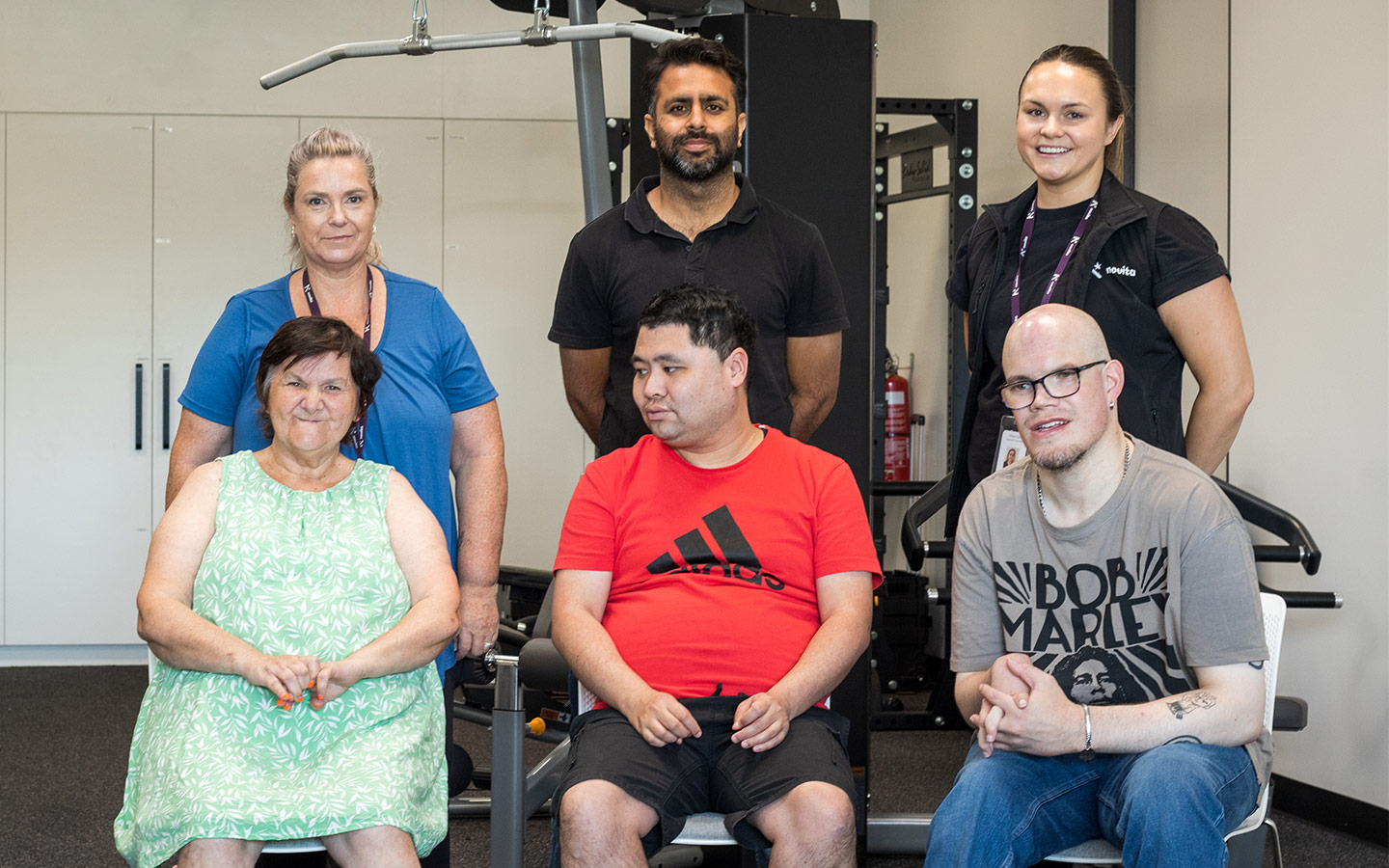Helpful Information
Keeping the school year momentum going
access_time4min read

Kids are often excited about going back to school, especially at the start of a new term. They might be starting new learning and they get to reconnect with their favourite teachers, and see their friends after the school holidays.
Kids living with disability can be particularly impacted by the disruption caused to their regular school routine, and it can become more of an effort to get organised every morning and head off to school.
With Term 3 approaching, the Novita team has some thoughts about how you can keep the momentum going for the rest of the year to make sure your kids – especially if they live with disability – continue to enjoy their education with as little disruption as possible.
Don’t be surprised if the early excitement fades
The start of a term can be very exciting for kids, with new challenges and experiences to participate in. However, particularly by term three we can start seeing some slowness in the morning and even some resistance about going to school. This can often be confusing for parents because your kids started the year so well.
For many kids living with disability, routine can be vital – they can benefit and strive from a regular morning and afternoon routine during the school term. But some ups and downs are typical. Don’t be surprised if you see fluctuations and changes in your kid’s willingness, excitement, and feelings about going to school.
Can the excitement return during the school holidays?
This is a very individual thing. Some kids are very excited when they return to school because they get to see their friends and teachers again. Relationships at school are very important, and many younger kids really enjoy the relationships they have with their teachers and friends. However, some kids will get back to a routine of not being at school.
Maintaining as much of your usual routine at home during the school holidays can help – not necessarily putting a school day routine in place, but keeping bedtimes consistent, etc. It is tempting to let the usual routine slide during the school holidays, but – especially for kids living with disability – maintaining routines such as getting dressed in the morning and having breakfast can be a school holiday ‘circuit breaker’ so your kids are ready for the new term.
Our top 5 tips to keep the momentum going:
1. Establish a consistent routine
The pressure is often on families in the morning to get kids ready to go to school. Mornings can be very stressful. After-school routine is just as important. For many kids, school can be a big deal, and when you pick them up in the afternoon they can have a range of feelings, thoughts, and emotions as they get in the car, and these can present in a range of different ways.
Keeping your family’s morning and afternoon routines consistent can support your kids to regulate and participate in school and in their everyday lives.
We recommend working with your kids to create a daily routine (supported visually where possible) that includes set time for activities, schoolwork, breaks and leisure activities. This will support your kids to feel more in control and allows then to transition smoothly between tasks.
2. Set achievable goals and track progress
We recommend working with your kid’s teachers and therapists to set realistic goals that align with their abilities. You can celebrate their achievements along the way to boost their motivation and keep their momentum going. Tracking their progress allows you to check in with them so they feel like they have your support.
3. Motivation through meaning
You can motivate your kids through ensuring that their experiences of learning are meaningful and predictable. Knowing what a task may involve, what “finished” looks like and what may be happening next supports our young learners to understand why and what they may need to do.
4. Make learning fun
You can keep the kids engaged by incorporating elements of fun and creativity into your kid’s learning. Educational games, interactive learning or hands on activities are a great way to support your kids learning, in a fun way! We suggest tailoring activities to your kid’s specific interests and learning style to keep them excited about learning.
5. Learn with others
Social interaction with friends can be a great motivator for kids. By offering opportunities for your kids to participate in group activities, they can make new relationships by engaging with other kids who share a similar interest. This also provides opportunities for learning from and with others.
If you would like to find out more about supporting your kids, contact our Customer Experience Team on 1300 668 482 or email [email protected]


